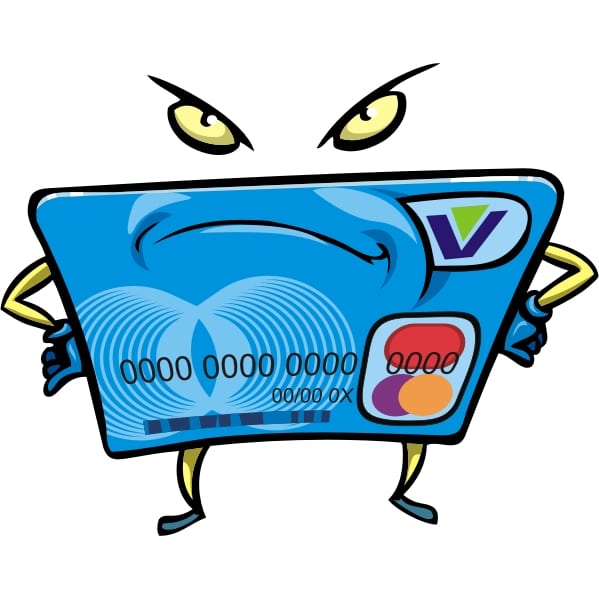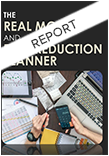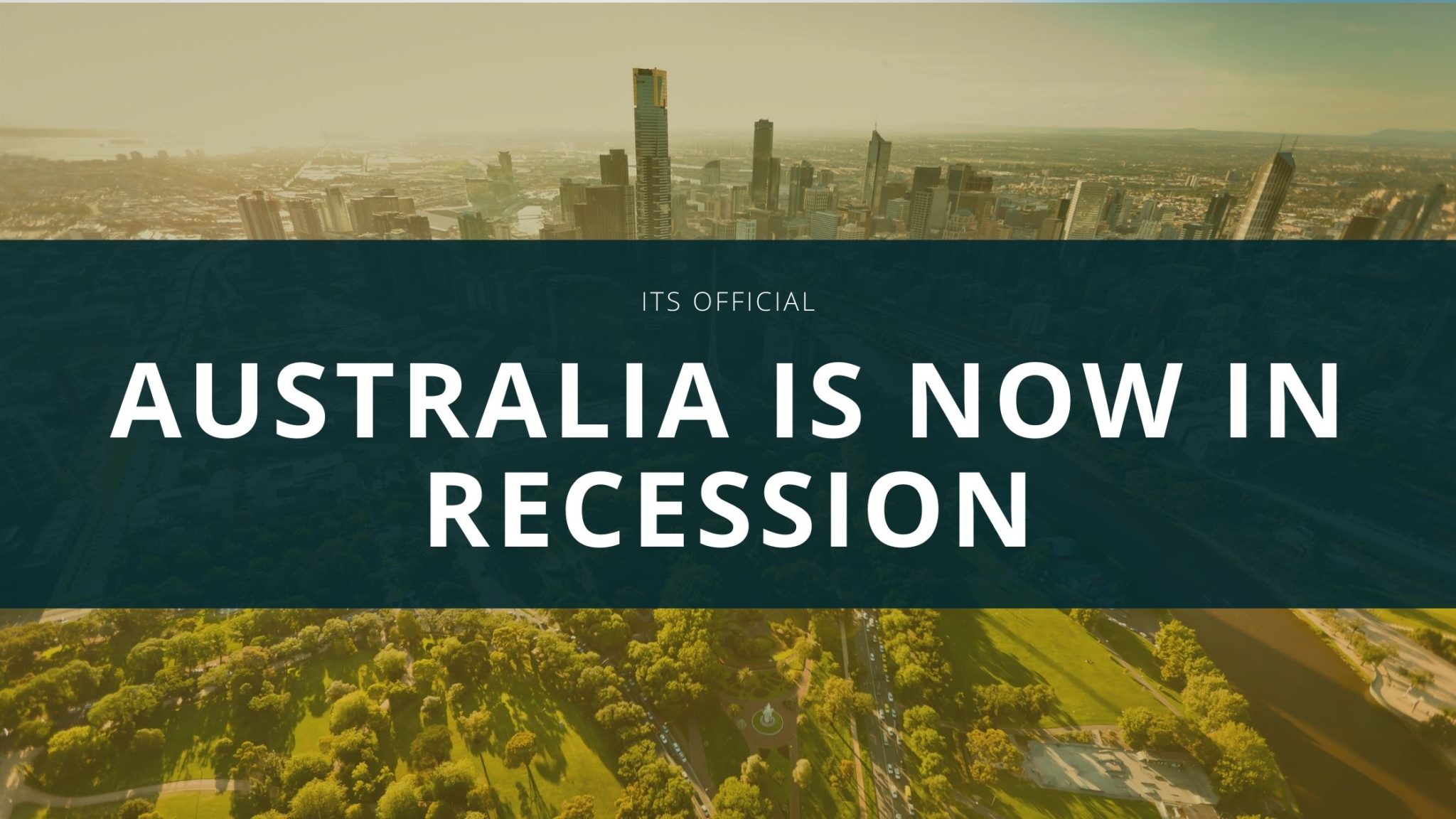
Helen Collier-Kogtevs
Thinking That A High Credit Card Limit Is Good
 I often talk to investors about credit cards because the fact of the matter is, many people don’t realise just how toxic they can be for your property investing success.
I often talk to investors about credit cards because the fact of the matter is, many people don’t realise just how toxic they can be for your property investing success.
In many cases, credit cards can be a necessary evil – they make it easy to purchase goods online and can help you to streamline your household bills by setting up direct debits. But I want to give you a heads up about the impact of your credit cards on your overall financial position, because I’ve come to learn that a lot of investors don’t realise how much credit card limits can impact your borrowing power.
For example, I was chatting to an investor just recently who told me that he had a platinum card with a $20,000 credit limit. He thought this was a great achievement and he was quite unprepared for my reaction. My advice to him was to cancel the card immediately.
To begin with, he didn’t need a $20,000 credit card limit in the first place so having access to that much money wasn’t necessary. But more importantly, he didn’t have an understanding of what his $20,000 credit card limit was doing to his borrowing power.
At the time, he was struggling to get finance to fund an investment property purchase. He was shocked when I explained to him that for every $5,000 you have in credit card limits, you’re actually limiting your borrowing power by up to $25,000.
This means his prized platinum card was having the impact of reducing his borrowing power by up to $100,000. This made the difference between him being able to afford an investment property and him not being able to get into the market, so his high credit card limit was actually costing him the opportunity to invest in property and grow his wealth.
Of course, your borrowing power is determined by many different criteria and your credit card limits is just one of them. But if you’re trying to convince the bank to give you a loan for hundreds of thousands of dollars, doesn’t it make sense to shore up your financial position, so you can present an application in its best possible light?
Here’s my suggestion…
Go to your purse or wallet and have a look at all of your credit cards, including store cards such as Myer and David Jones cards and Visa, Amex and MasterCard accounts. Spread out whatever cards you’ve got and then make an inventory, listing the credit limits and the current balances.
Tally up the total credit limits across all of these cards – it’s important that you look at the limits, not the balance, because banks assess credit cards looking at the limit, not the outstanding balance.
If your credit limit is tens of thousands of dollars, then you are potentially reducing your borrowing power by hundreds of thousands of dollars.
It’s time to restructure your debts so you’re in a better position to borrow.
The first step is to immediately reduce your limits to the lowest amount you can. For instance, if you have a Visa with a limit of $5,000 and a balance of $2,830, reduce the limit to $3,000 right away. That way, you can resist the temptation to spend on your cards while you’re working to pay them off.
The aim is to pay the debt down and reduce the number of cards you have and the overall credit limits to no more than $5,000-$10,000 depending on your strategy. By doing this you can actually improve your borrowing power considerably and also reduce your credit card debt..
Golden Rule
My golden rule with credit cards is to reduce the limit to $5,000 – or less than that if you can – at the most across all of your cards.
Then, make sure you can pay the cards off in full at the end of each month. If you are only paying the minimum monthly repayment on your credit card each month and you can’t afford to pay the balance in full, this says to me that you can’t afford your credit cards altogether and you need to make changes so you can regain financial control.
Please note: if you are not paying off the full balance of your credit card each month, then you are living beyond your means and are not managing your money well.
Many people don’t have control over their finances and they keep spending on their cards. Unfortunately, by just making minimum repayments, they are spending thousands of dollars each year in interest, and the only one who benefits from that is the bank.
Take control of your money by better managing your credit cards.
Helen Collier-Kogtevs
Share this post
Become a successful Property Investor















